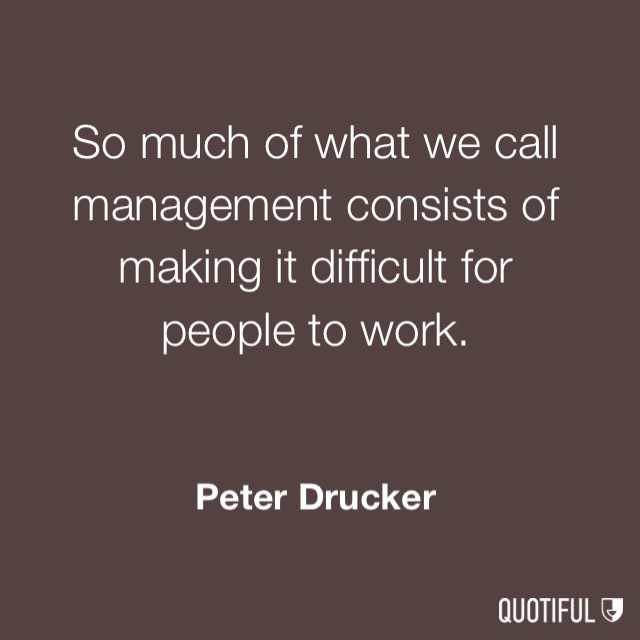
We at JobsInTheUS think a lot about the future of work. So when we read this recent article quoting billionaire entrepreneur Mark Cuban we thought it was something everyone should read. And to that end we found some other interesting predictions about where jobs are headed.
Cuban believes employers will soon be looking for candidates who excel at creative and critical thinking.
“I personally think there’s going to be a greater demand in 10 years for liberal arts majors than for programming majors and maybe even engineering,” Cuban said. He cited degrees such as English, philosophy, and foreign languages as being the most valuable. “Maybe not now,” Cuban acquiesced. “They’re gonna starve for awhile.” Their day, though, is likely coming, he says.
This one is from author Scott Berkun who talks about outdated culture.
The problem with modern work, and one that sheds light on the future, is how loaded workplaces are with cultural baggage. We faithfully follow practices we can’t explain rationally. Why is it that work has to start at 9:00 a.m. and end at 5 p.m.? Why are you required to wear a tie if you’re a man and a skirt if you’re a woman? Why are meetings sixty minutes long by default, and not thirty? We have little evidence these habits produce better work.
Here’s some good stuff from an article on Bloomberg.
Automation may be gutting American manufacturing jobs, but there’s one thing the robots still can’t beat us at: people skills. It just so happens that the future of American labor will require a lot of them. The occupations projected to add the most jobs in the next 10 years, according to the Bureau of Labor Statistics, all require people skills—like home health aides, registered nurses, and retail and service workers.
And this from the same article.
The future of American labor lies in jobs that require empathy and critical thinking. For an office worker, that could mean being able to communicate across departments. For someone in customer service, it’s interacting with another complicated human. For a care provider, it’s the empathy to help someone vulnerable and in need.
Finally this quote from management guru, Peter Drucker sums up what a lot of us will always experience in the workforce. Some things never change.

